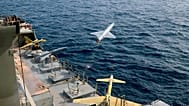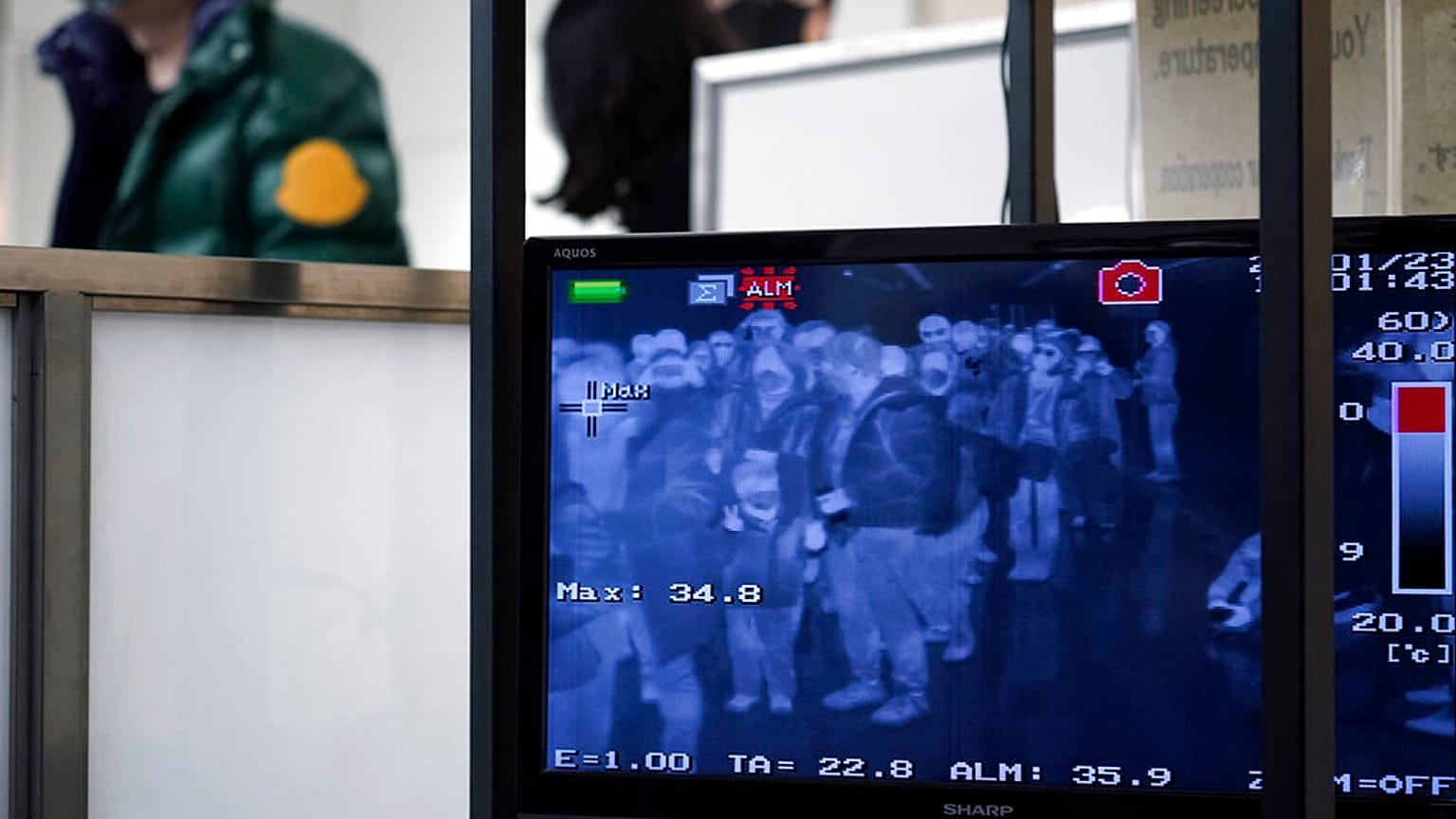The latest generation of scanners allows passengers to carry electronic devices and liquids without quantity restrictions, but the European Commission questions their reliability and calls for a temporary restoration of the previous model.
Passing through airport security can be a tedious part of the air travel process but some European airports had managed to speed it up thanks to the installation of state-of-the-art scanners, which allow passengers to carry electronic devices and cosmetics of any quantity in their luggage without having to take them out.
But despite the equipment’s positive reception, Brussels recently called for a return to the previous model of limiting liquid containers to 100 milliliters.
Efficient but insufficient
The C3 EDSCB technology, as these advanced scanners are called, displays high-resolution three-dimensional images of baggage contents from CT scans and can easily detect explosive components in all kinds of cosmetics, liquids or electronic devices.
Passengers therefore don’t need to open suitcases or take out some of their belongings, which can create delays, and only have to pass through a metal detector.
But its effectiveness was called into question by a technical report that the Commission sent to the European Civil Aviation Conference (ECAC) last May, according to which the software of these scanners cannot guarantee their reliability for containers with a content of more than 330 milliliters.
Then on July 31, Brussels announced the decision to apply “temporary” restrictions to these C3 explosives detection systems as a “precautionary measure” until “certain technical problems are solved”, a Commission spokesperson said. Officially, however, “the Commission has not changed its opinion on the quality of this new generation of scanners and their performance has not been called into question”, the spokesman added.
Airports already using the C3 model will now have to switch back to the traditional X-ray scanner, whose technology is insufficient to show in detail the interior of objects and thus detect explosive material in liquids.
Financial losses for airports
These new scanners are “eight times more expensive” with maintenance costs “four times higher”, so airports that have already invested in these new scanners to improve the passenger experience “will be heavily penalised, as the benefits associated with the use of this state-of-the-art technology will hardly materialise”, the Airports Council International Europe (ACI) said in a statement.
“Security is non-negotiable, it is one of the top priorities of European airports. Therefore, all airports will fully comply with the new restriction. However, airports that have been early adopters of this new technology are being heavily penalised, both operationally and financially,” ACI director general Olivier Jankovec said.
“The decision to now impose significant restrictions on its use calls into question the confidence that the industry can place in the current EU certification system for aviation security equipment," he added.
Most of the passengers interviewed by Euronews at Zaventem airport in Belgium said they were used to not travelling with liquids and trying to leave electronic devices at home, so this change in regulations would not affect them too much. Those who had encountered the high-tech C3 scanners or the advanced body scanners at an airport, however, recognised a fundamental difference in the ease with which they gained access to boarding gates.
Nevertheless, the response is unanimous among airport staff and travelers alike: everyone wants to start their holiday as soon as possible and as easily as possible. To this end, those who have decided to postpone their break in September should make sure that sun cream and beauty products do not take up more than 100 milliliters if they do not want to waste any more of their free time at an airport checkpoint.















